Our News Bits is a roundup that typically covers news pieces that are just small in content, not in impact. This gives content room to breath even if it comes in less than what we normally cover. This year at Flash Memory Summit (FMS) 2018 in Santa Clara there were a handful of announcements that either small or would potentially get wiped out by some of the larger announcements so we have collected them here. These announcements come from companies such as Yangtze Memory Technologies (YMTC), Toshiba, Attala Systems, E8 Storage, Kaminario, Western Digital, Marvell, and Intel.
YMTC Announces Its 3D NAND, Xtacking
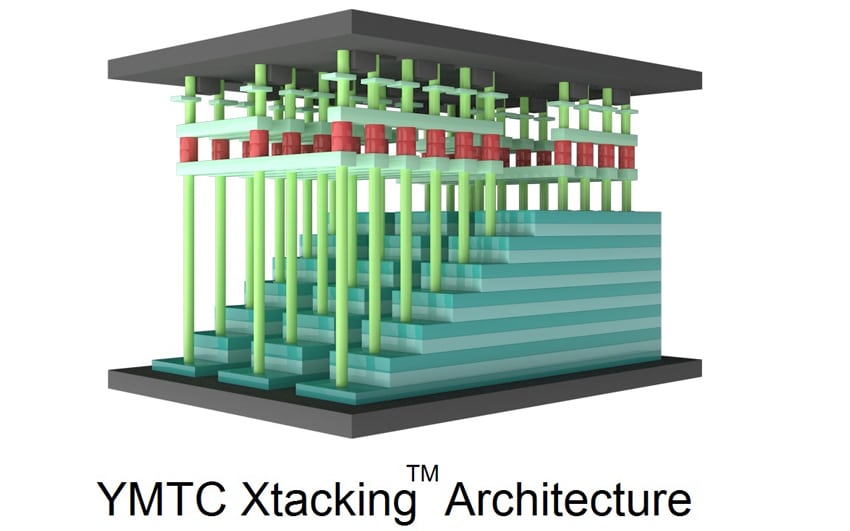
Yangtze Memory Technologies Co. LTD., (YMTC) is a fairly new NAND player based in China. At FMS they announced their new 3D NAND, Xtacking that they claim will result in denser NAND, higher performance, as well as faster time-to-market. Xtacking uses a separate wafer for the periphery circuits which handle data I/O as well as memory cell operations freeing up die area for better density. The company also claims that since the two are separate now the manufacturing process can be shortened.
Toshiba’s KumoScale Now Supports NVMe-oF TCP Acceleration

Toshiba Memory America, Inc. announced its KumoScale software now supports NVMe over Fabrics (NVME-oF) TCP acceleration with Marvell FastLinQ 100GbE NICS. KumoScale takes the TCP protocol (the most-widely used enterprise networking protocol for data centers) and now allows for NVMe-oF transport over existing Ethernet networks. This support should allow for broader deployment of NVMe-oF networks and clouds.
Attala Systems Introduces Its Data Lake Module For Composable Storage
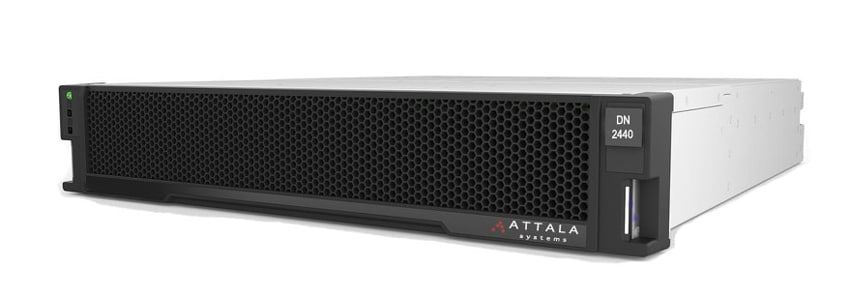
Attala Systems has introduced its Attala Data Lake (ADL) software model for its award-winning NVMe composable storage infrastructure solution. The ADL module provides a high-performance data pool for hot data that can be shared across applications as well as organizational boundaries. The company claims that this can reduce OPEX and complexity. The ADL software module is expected to be generally available in the fourth quarter of the 2018.
E8 Storage Sets New Benchmark Record
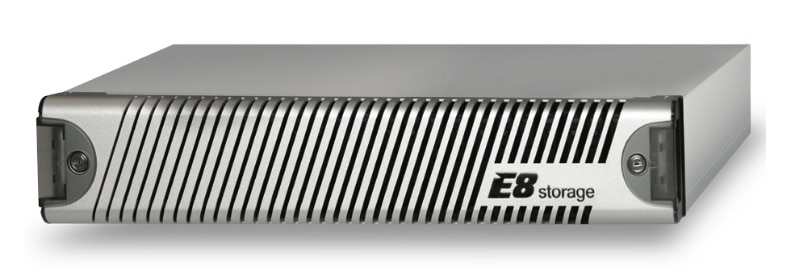
E8 Storage is happy to announce that it has set another new benchmark record in the SPECSFS 2014 performance benchmark. Leveraging a single E8-X24 array, it was the only solution to break the 1ms overall response time (ORT) threshold. To be more specific, the E8-X24 was able to hit just 0.57ms for its ORT.
Kaminario & WD Collaborate On Next-Gen Composable Storage
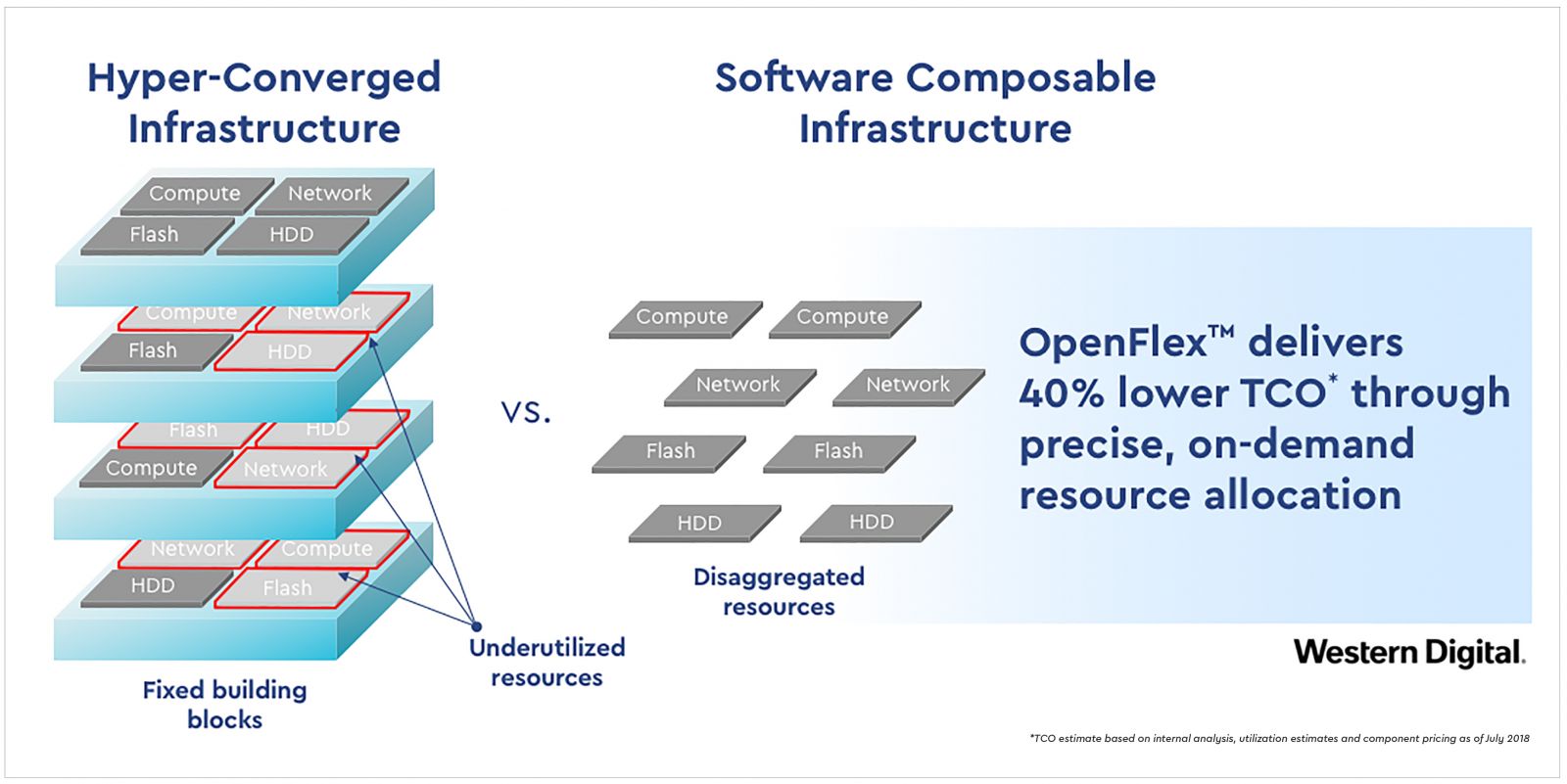
Kaminario is collaborating with Western Digital to deliver next-generation composable storage solutions. These new solutions will be a combination of Kaminario’s composable data platform with Western Digital’s OpenFlex and Ultrastar storage platforms. The companies state that their combined solutions will give customers the capability to dynamically compose, control, reconfigure and manage storage resources at the software layer.
Marvell Announces An AI SSD Controller

Marvell announced that it is combining NVIDIA’s Deep Learning Accelerator (NDLA) into its family of data center SSD controllers. The new controllers will leverage ML instead of host CPU processing for applications acceleration significantly reducing costs. The technology was demoed at FMS with no release date as of yet.
Intel Lays Out Its Future Storage Vision
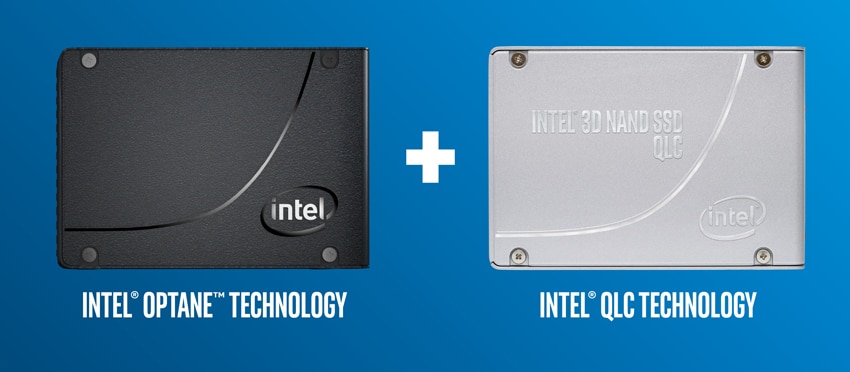
Intel has laid out its vision for storage future with its technologies playing a key role. Essentially it is looking at tiering systems where Optane-based products handle the hot data, NVMe-based devices handle the next tier, and its newly announced QLC will take over the role that has been up until this point reserved for HDDs. These changes would result in a performance bump across the board.




 Amazon
Amazon